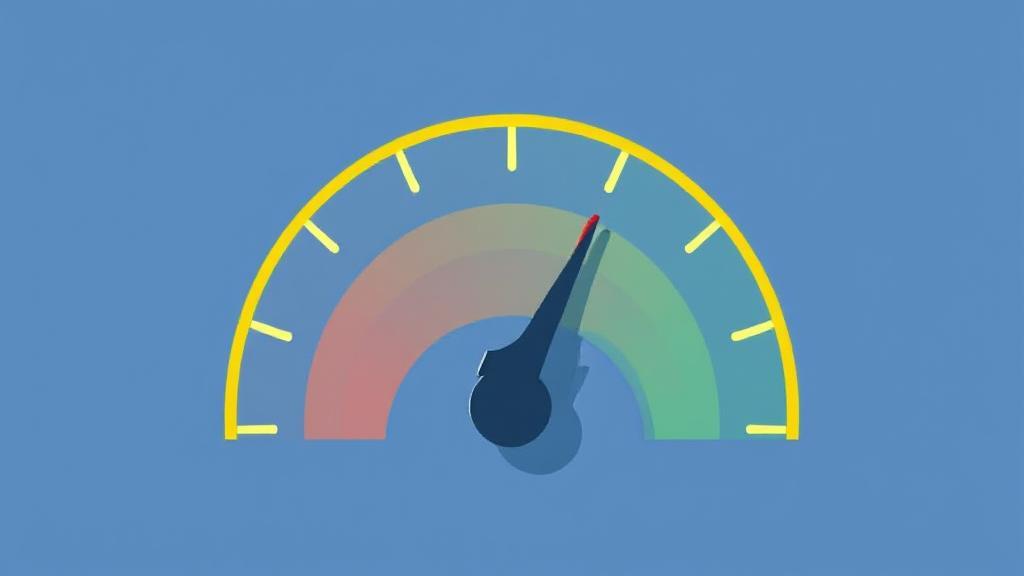Understanding Credit Score Updates
A credit score is a numerical representation of your creditworthiness, typically ranging from 300 to 850. This three-digit number is calculated based on information in your credit reports and plays a crucial role in your financial health.
How Credit Scores are Calculated
Credit scores are determined by the three major credit reporting agencies (Equifax, Experian, and TransUnion) using several factors:
- Payment history (35% of the total score)
- Credit utilization (30% of the total score)
- Length of credit history (15% of the total score)
- Credit mix (10% of the total score)
- New credit (10% of the total score)
When Do Credit Scores Update?
Your credit score typically updates every 30-45 days, though this can vary depending on several factors:
Creditor Reporting Schedules
Most creditors report to credit bureaus monthly, usually around your statement closing date. However, not all creditors report to all three bureaus, and they may report on different schedules.
Type of Credit Information
Different types of credit information update at varying frequencies:
- Payment history: Usually monthly
- Credit utilization: Generally monthly, following billing cycles
- Hard inquiries: Almost immediately after they occur
- Public records: Can take 30-60 days to appear
Real-Time vs. Reported Information
There's often a gap between financial actions and their appearance on your credit report:
- Credit card payments may take 30+ days to reflect
- Loan payoffs can take 30-45 days to update
- Collections accounts might take 60 days to appear
Negative Information Removal
| Type of Information | Time to Remove |
|---|---|
| Late Payments | 7 years |
| Bankruptcies | 7-10 years |
| Hard Inquiries | 2 years |
| Collections | 7 years |
How to Monitor Your Credit Score
To stay informed about your credit score:
- Use free credit monitoring services like Credit Karma
- Check your credit card issuer's credit score tracking feature
- Get free annual credit reports from AnnualCreditReport.com
- Consider credit monitoring services from the three major bureaus
Best Practices for Credit Score Management
Most significant credit changes take at least one full reporting cycle (30 days) to appear on your credit report, while some updates may take up to 60 days or more.
To maintain a healthy credit score:
- Check your credit reports regularly
- Make payments before statement closing dates
- Keep credit utilization below 30%
- Monitor for errors or fraudulent activity
Special Circumstances: Rapid Rescoring
In some cases, you can request a rapid rescore through your lender, which may update your credit report within 2-3 weeks. This service is most useful when:
- You've paid down a significant amount of debt
- You've removed incorrect information from your report
- You need a quick score improvement for a pending loan application
For more detailed information on credit scores and how they work, consider visiting resources like MyFICO, VantageScore, or the Consumer Financial Protection Bureau website.
